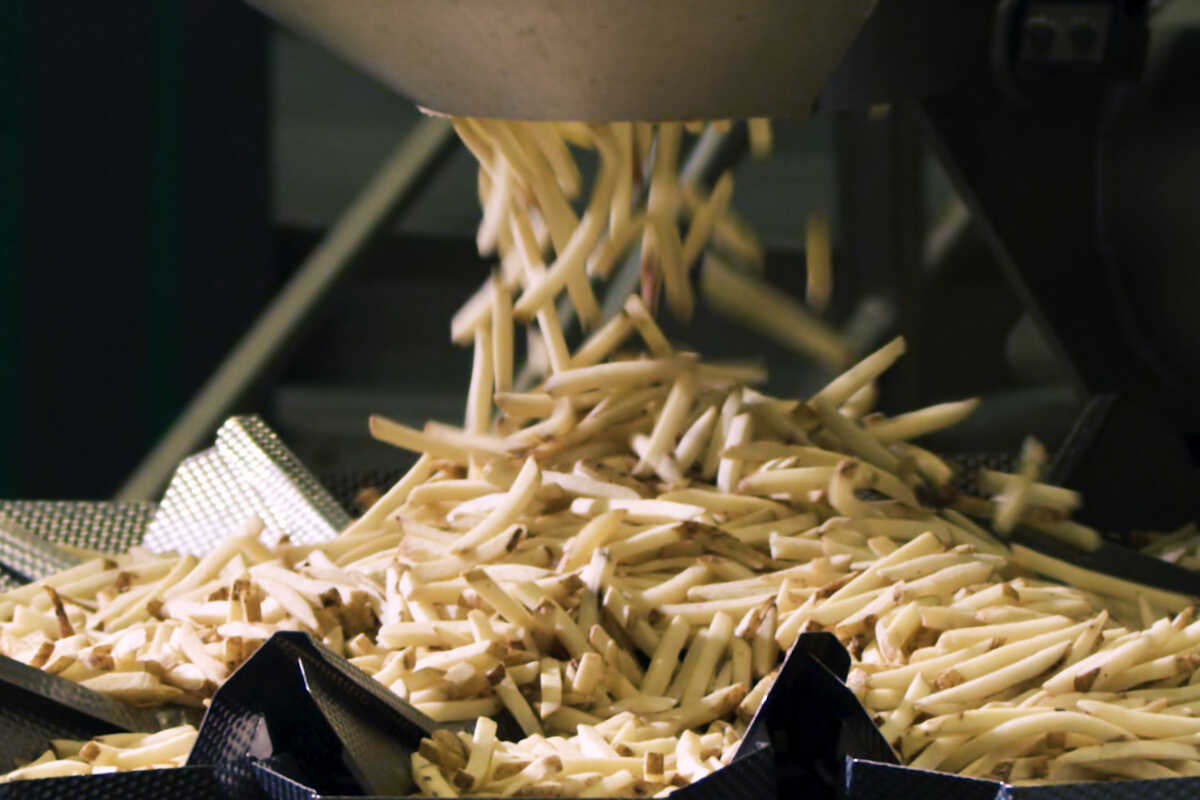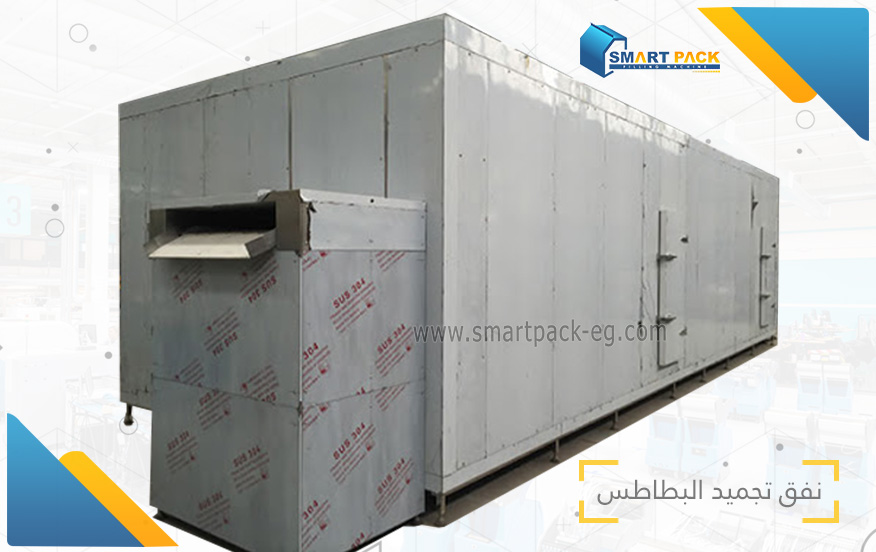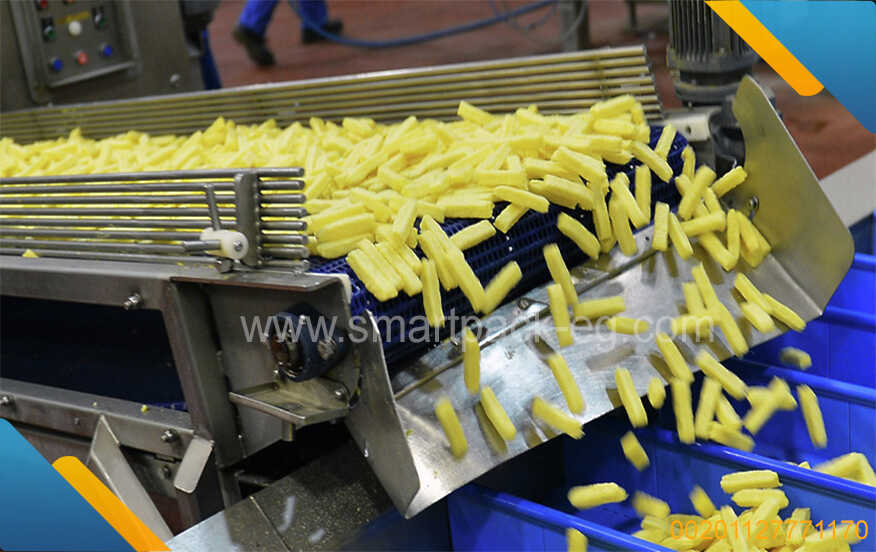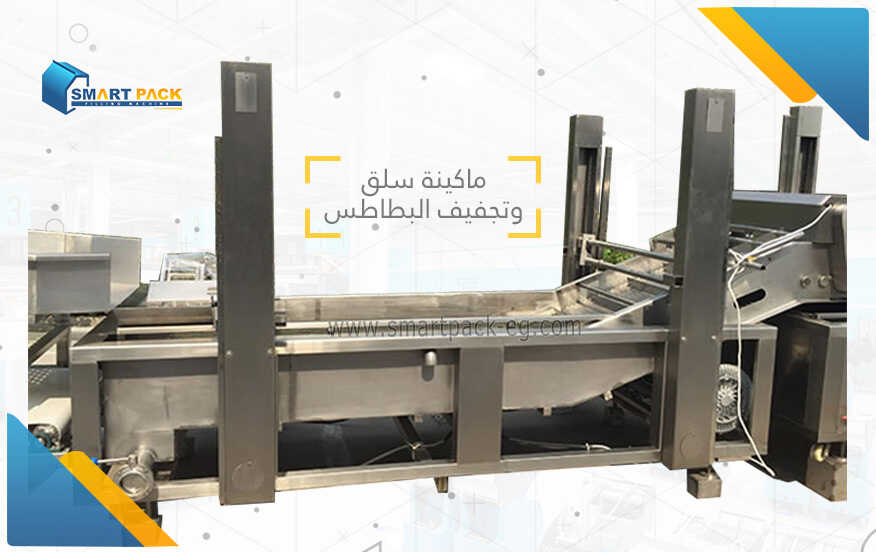Title: A Comprehensive Guide to Tomato Sauce Packaging Machines and Production Lines in Egypt
Introduction:
Tomato sauce is a popular condiment consumed around the world, including Egypt. To meet the growing demand and ensure efficient production and packaging of tomato sauce, manufacturers in the country rely on specialized machinery and production lines. In this guide, we will provide an overview of tomato sauce packaging machines and production lines in Egypt, focusing on their features, functions, and the benefits they offer.
I. Understanding Tomato Sauce Packaging Machines:
Tomato sauce packaging machines are designed to automate and streamline the packaging process, increasing efficiency and output while minimizing human errors. These machines are specifically tailored to handle tomato sauce and its particular packaging requirements. Here are some essential features commonly found in tomato sauce packaging machines in Egypt:
-
Filling Systems:
- Piston Fillers: These machines use a piston-driven mechanism to accurately measure and dispense tomato sauce into containers.
- Volumetric Fillers: Utilizing advanced measurement methods, volumetric fillers provide precise control over the quantity of tomato sauce to be filled into each package.
-
Sealing Mechanisms:
- Heat Sealing: This method uses heat to seal the packaging material and ensure the freshness and integrity of the tomato sauce.
- Induction Sealing: By using electromagnetic fields, induction sealing provides an airtight seal, preventing leakage or contamination.
-
Packaging Materials:
- Stand-up Pouches: These flexible pouches maintain the freshness of tomato sauce and are popular for single-serve portions.
- Bottles: Glass or plastic bottles offer different options for packaging sizes and are often customizable with labels and caps.
II. Benefits of Tomato Sauce Packaging Machines:
Tomato sauce packaging machines offer numerous benefits in terms of efficiency, productivity, and product quality. Here are some advantages of utilizing these machines in Egypt:
-
Increased Production Efficiency:
Tomato sauce packaging machines automate the packaging process, reducing human errors and increasing overall productivity. They can handle a greater volume of sauce, resulting in higher output. -
Enhanced Product Safety:
By utilizing automated and hygienic packaging processes, tomato sauce packaging machines help maintain product safety and reduce the risk of contamination. Sealing mechanisms ensure that the sauce stays fresh and free from outside contaminants. -
Cost-effectiveness:
Investing in tomato sauce packaging machines can lead to long-term cost savings. Higher output and reduced labor requirements result in improved profitability for manufacturers.
III. Tomato Sauce Production Lines:
To achieve optimal productivity and efficiency, tomato sauce packaging machines are often integrated into complete production lines. These production lines are comprised of multiple interconnected machines, each serving a specific purpose in the manufacturing process. Here are the key components of tomato sauce production lines:
-
Conveyor Systems:
These systems transport bottles or pouches along the production line, ensuring a consistent flow of products between different machines. -
Pre-processing Equipment:
This includes sorting, washing, and cutting machines that prepare the tomatoes for sauce production. -
Cooking and Blending Systems:
These machines heat the tomatoes to extract juice and remove impurities before blending with other ingredients. -
Filling and Packaging Machines:
Automatic filling machines accurately measure and fill tomato sauce into containers, which are then sealed and prepared for shipping.
Conclusion:
Tomato sauce packaging machines and production lines in Egypt play a vital role in meeting the high demand for this popular condiment. By utilizing these specialized machines, manufacturers can achieve increased efficiency, product safety, and cost-effectiveness. Investing in quality tomato sauce packaging machinery is essential for businesses aiming to enhance their production capabilities while maintaining the quality of their products.



 Admin
Admin 






